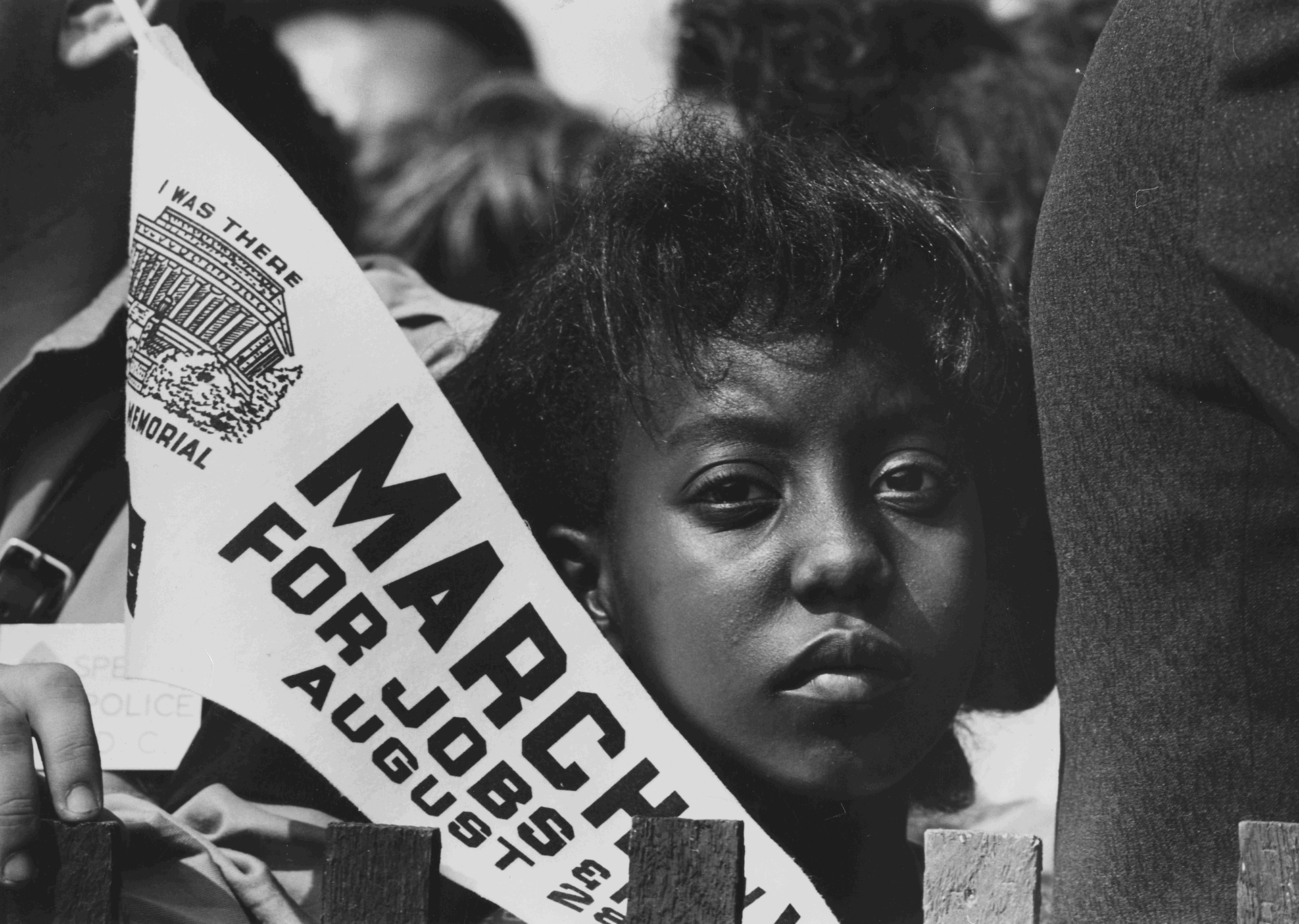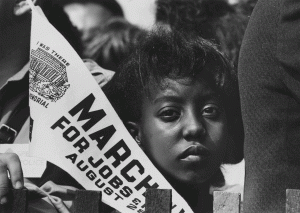Patrick D. Jones, Associate Professor of History and Ethnic Studies and author of The Selma of the North: Civil Rights Insurgency in Milwaukee (Harvard University press, 2009). Here are some comments from Prof. Jones on Dodge commercial during the Super Bowl, as well as the full sermon from which the King’s words were taken. Here, too, is an article from Slate that speaks to King’s estate support of the ad.
https://www.youtube.com/watch?v=SlbY1tGARUA
By Patrick D. Jones:
The Ram Truck ad featuring an excerpt from MLK’s “Drum Major Instinct” speech is more crass than you may have originally realized. In the original speech, Dr. King discusses the impulse we all have “to be important, to surpass others, to achieve distinction, to lead the parade.” It leads us “to be joiners” and “explains why we are so often taken by advertisers. You know, those gentlemen of massive verbal persuasion. And they have a way of saying things to you that kind of gets you into buying. In order to be a man of distinction, you must drink this whiskey. In order to make your neighbors envious, you must DRIVE THIS TYPE OF CARE. (Make it plain) In order to be lovely to love you must wear this kind of lipstick or this kind of perfume. And you know, before you know it, you’re just buying that stuff. (Yes) That’s the way the advertisers do it”…
… “It often causes us to live above our means. (Make it plain) It’s nothing but the drum major instinct. Do you ever see people buy cars that they can’t even begin to buy in terms of their income? (Amen) [laughter] You’ve seen people riding around in Cadillacs and Chryslers who don’t earn enough to have a good T-Model Ford. (Make it plain) But it feeds a repressed ego.
“You know, economists tell us that your AUTOMOBILE should not cost more than half of your annual income. So if you make an income of five thousand dollars, your CAR shouldn’t cost more than about twenty-five hundred. That’s just good economics. And if it’s a family of two, and both members of the family make ten thousand dollars, they would have to make out with one CAR. That would be good economics, although it’s often inconvenient. But so often, haven’t you seen people making five thousand dollars a year and driving a CAR that costs six thousand? And they wonder why their ends never meet. [laughter] That’s a fact.”
… “And you know, you see people over and over again with the drum major instinct taking them over. And they just live their lives trying to outdo the Joneses. (Amen) They got to get this coat because this particular coat is a little better and a little better-looking than Mary’s coat. And I got to drive this CAR because it’s something about this car that makes my CAR a little better than my neighbor’s CAR. (Amen) I know a man who used to live in a thirty-five-thousand-dollar house. And other people started building thirty-five-thousand-dollar houses, so he built a seventy-five-thousand-dollar house. And then somebody else built a seventy-five-thousand-dollar house, and he built a hundred-thousand-dollar house. And I don’t know where he’s going to end up if he’s going to live his life trying to keep up with the Joneses.”
King goes on to discuss the way this instinct is “destructive,” “causes us to lie” and “distorts our personalities,” leads to “snobbish exclusivism” and “classicism,” to those who have things to think they are “a little better than that person who doesn’t have it.” He goes on to also say it leads to “blindness and prejudice,” particularly “race prejudice,” the “false feeling” among working-class whites that because they have certain things that they are “superior” because their “skin is white.”
To King, this is why we, as a society are “drifting.” He spends the remainder of the talk arguing for a redefinition of the “drum major instinct,” to point it away from such base, surface, materialistic and selfish ends and towards broader and deeper spiritual and social ends of love and justice.
So, the transgression is much worse than the initial outrage.
Martin Luther King, Jr., “The Drum Major Instinct” February 4, 1968

